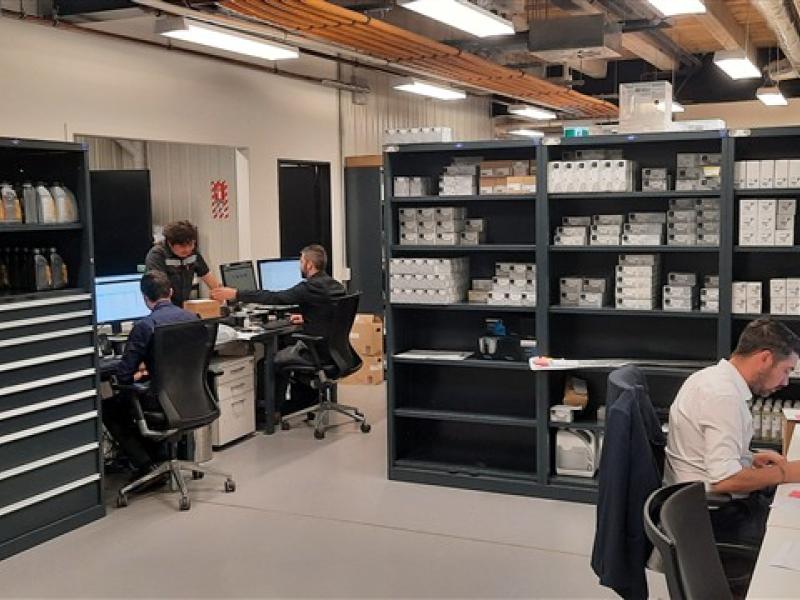Jo Douglas reviews the current state of play around employee sick leave entitlements.
Covid-19 has taught us how important it is that people stay at home when unwell. The time of stoically ‘soldiering on’ at work while stuffed up with colds and flu, is past.
The desire to stay at home when sick is reflected by a recent Frog Recruitment survey. Twenty-eight percent of workers surveyed said since the pandemic’s first lockdown they have taken more sick leave due to having Covid-19 symptoms. It is also possible that more employees are taking mental health absences due to stresses caused by the pandemic.
However, the same survey found that 56 percent of respondents said they used work from home privileges instead of their sick leave entitlements to do so.
Interestingly this survey came just prior to the Government increasing the employees’ minimum entitlement from five days per annum to ten days per annum from 24 July 2021. This sick leave can be used when an employee or a dependent is unwell or injured.
It is unknown whether employees will continue to want to work from home when sick, given their increased entitlement to sick leave.
This might be a good time for employers to review their company policy and culture around employees taking sick leave and how that relates to their remote working policies and practices.
As a good employer we recommend that you support employees taking the time to recover and if necessary, care for sick dependents, rather than encouraging them to continue to work from home while sick.
We recommend demonstrating your awareness of the well-being of your staff and the need to take time away to recover when they are feeling ‘under the weather’. This is likely to pay off in terms of increased productivity when they come back, as a healthy worker is more productive. They are likely to also appreciate your genuine concern for their welfare.
Make sure, however, that your response is practical. If you want someone to have a good rest, make sure that adequate arrangements are in place for their work to be covered by others if possible. It is hard to rest if you know work is piling up in your inbox!
While employers may be concerned about the cost of the increased sick leave entitlement, it is important to remember that, unlike annual leave, sick leave is only paid to an employee when they actually take a paid sick leave day.
Therefore, should an employee take the maximum ten days per annum then, yes, the employer will be paying more for that time off. However, if an employee does not take any sick leave, there is no cost to the employer at all. Untaken sick leave can be carried forward to the next year, but it is still capped at a maximum of 20 days per year.
In addition, any unused sick leave is not paid out at termination, unlike annual leave. It is a ‘use it or lose it’ entitlement.
Is it genuine?
Another issue is that employers may be concerned about the genuineness of an employee’s sickness. Are they just “pulling a sickie”?
In these situations, employers are entitled to request a medical certificate even for just one day, provided they pay for this. If any employee is away for three consecutive days (including weekends) an employer can require an employee to provide them with a medical certificate at their own expense. Also, should an employer be concerned that employees are abusing their sick leave, they have a right to start a disciplinary process, if there is sufficient supporting information. We have seen cases of an employee declined annual leave to go to an event or party at the weekend, suddenly falling ill on the Friday. Good evidence is required though if you are alleging a breach of trust of this nature.
If an employee is working from home while suffering from a mild cold or other illness, or while looking after others in the household, there could be a concern as to whether they are actually “working” at all. This really comes down to trust and open communication. Hopefully one of the benefits of lockdown for those working behind a computer, is that everyone has had to build stronger trusting relationships and get really good at remote communication.
We see the real headache for employers being the uncertainty caused by unplanned absence, particularly in roles where cover must be arranged and where little or no advance notice is provided by the employee. Clear rules and protocols around how absences should be notified are important.
For those that regularly fail to attend work at short notice and entitlements are exceeded, then employers need to think about actively managing this. The first step is having a conversation with the employee about what is going on for them and what is required in terms of allowing the business/organisation to operate efficiently.
Overall, there is value and benefit to employers encouraging and supporting employees to taking sick leave when genuinely needed. It has the potential to reduce the overall impact of sickness in the workplace and increase overall productivity.
Jo Douglas is a partner at Douglas Erickson, employment lawyers.
Email: jo@douglaserickson.co.nz This article is written for the purposes of providing general information only and is not intended to be legal advice.






